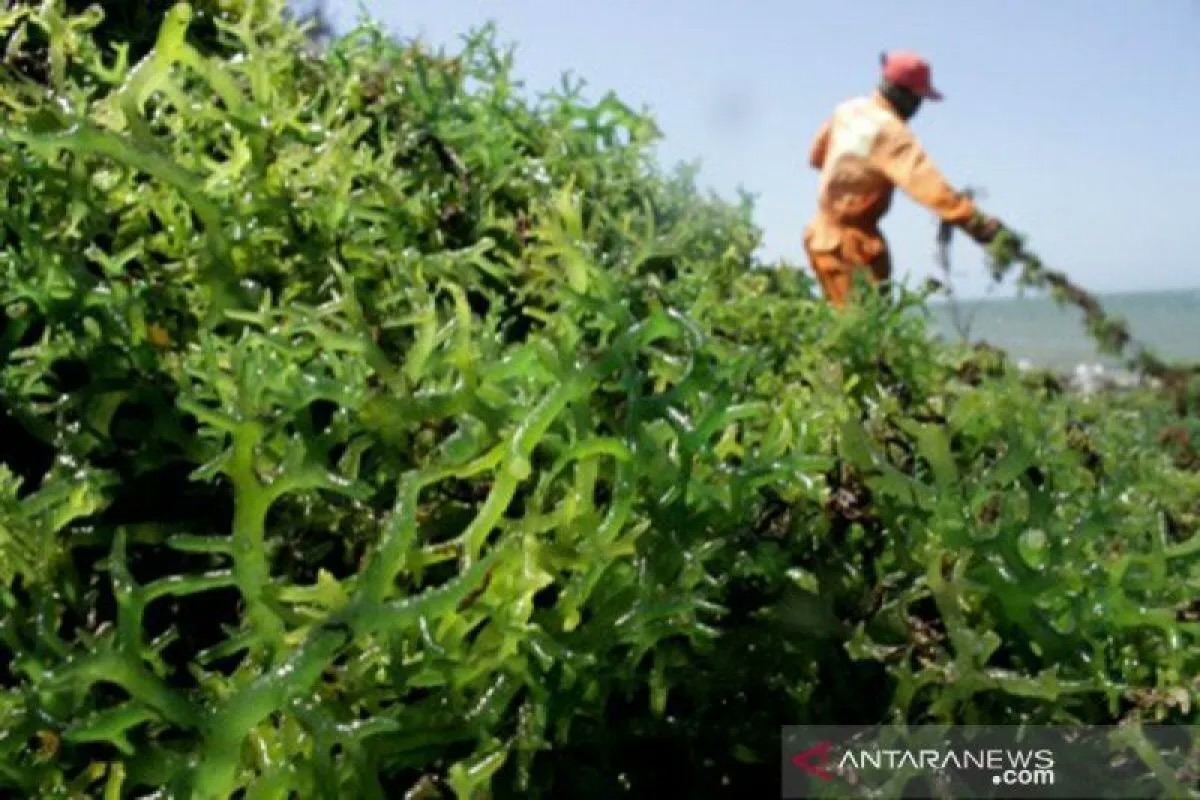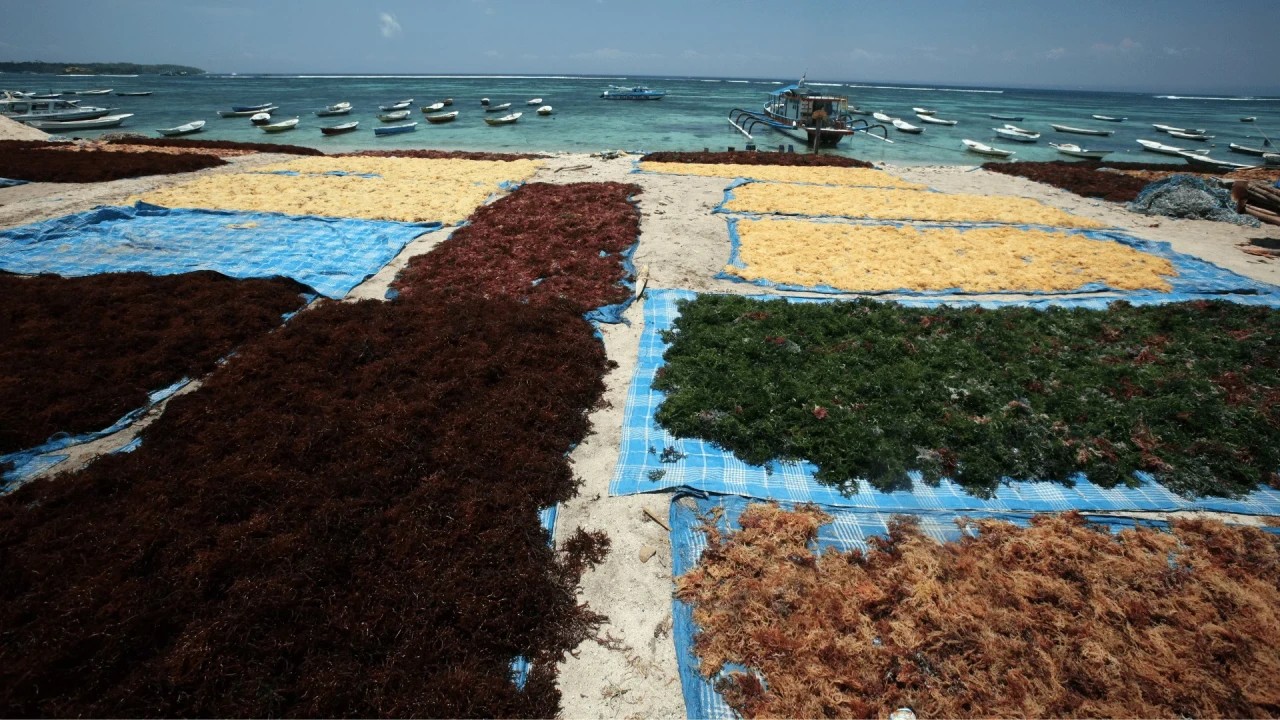Indonesia aims to develop a complete production chain for seaweed products—from cultivation to deep processing. The Minister of Investments and Industrialization, Rosan Perkasa Roeslani, stated: "We must harness the country's natural potential and produce eco-friendly products with high added value."

Today, Indonesia ranks second in the world in seaweed cultivation (after China), yet a large portion of the raw material is still exported without processing. The new National Development Strategy for 2025-2029 includes:
- the establishment of domestic processing facilities;
- attracting both domestic and foreign investments and technologies;
- training farmers and fishermen in coastal areas;
- strict environmental standards and sustainable management of marine resources.
Seaweed grows quickly, does not require fresh water or fertilizers, improves marine environment quality, and absorbs CO₂. It is used to produce fertilizers, natural cosmetics, food thickeners (agar-agar), bioplastics, animal feed, and pharmaceutical ingredients. According to experts, the global seaweed product market is expected to grow fivefold by 2050.
Indonesia has already made a similar shift from exporting raw materials to processing with nickel, using local resources to produce batteries, including for electric vehicles.
What This Means for Bali
Bali and nearby islands (Nusa Penida, Nusa Lembongan) have long been cultivating seaweed, but incomes remain low. Implementing the strategy will bring the region:
- new jobs in coastal communities;
- cleaner water and ecosystem restoration;
- plastic reduction thanks to biodegradable packaging;
- additional tourist interest in eco-farms and sea-based products;
- support for women traditionally involved in seaweed harvesting and drying.
Indonesia sees seaweed as a resource of the future: further processing will aid millions and strengthen the country's position as a leader in sustainable ocean economy.
Source: antaranews

You can add one right now!